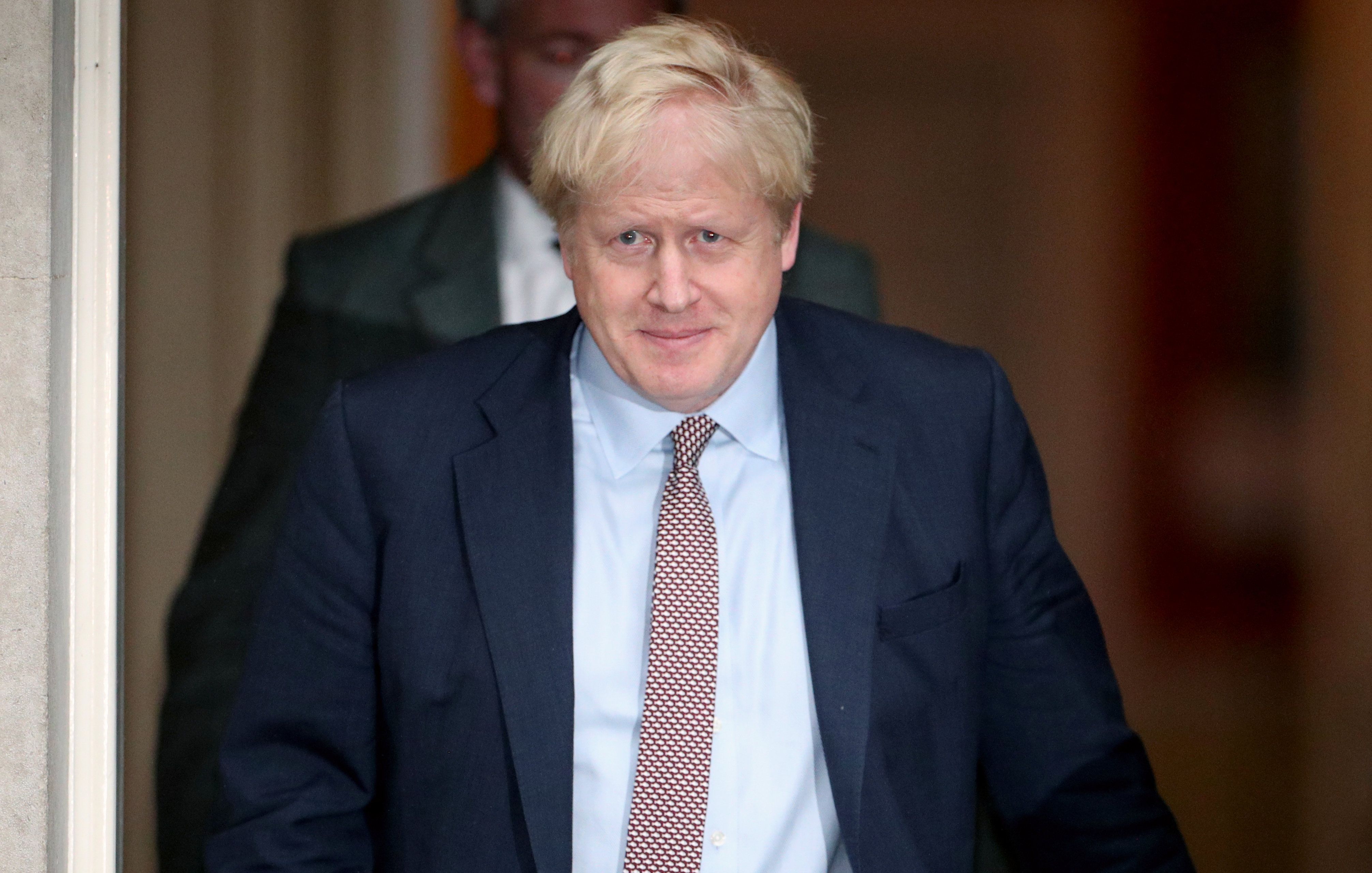After months of machinations by elected leaders and parliamentary strategists, the decisive vote on the future of Brexit may finally fall to the people of the UK.
How did we finally get here? The British parliament has forced Prime Minister Boris Johnson to ask the European Union for a delay in the Brexit deadline from October 31 to January 31. If the EU agrees, a decision that could come later today, Johnson says he'll push for national elections on December 12.
To be clear, national elections are not a second Brexit referendum. But if they're held while the question of Brexit remains undecided, that single issue will surely shape the outcome.
Why would Johnson want a pre-Brexit election? He may calculate that his main rival, Labour Party leader Jeremy Corbyn, is a profoundly weak candidate, and that it's best to go to voters before the opposition can replace him with a formidable alternative.
He may also reckon that Labour would enter elections at a big disadvantage since it's more divided over Brexit than other parties. Corbyn would struggle to craft an electoral strategy that unites pro-Brexit Labour voters in the north with pro-Remain Labour voters in London.
Johnson may also believe, not without reason, that an election victory would clear the way for him to finish Brexit on his terms, without more delays from Parliament.
What would Boris have to do to schedule those elections? The simplest way would be for two-thirds of MPs to vote to hold elections. But if the Labour Party won't support that, the Conservatives have a Plan B. If another opposition party that does favor early elections – say, the Scottish National Party – calls for a vote of no confidence in the government, the Conservatives could abstain, allowing the government to fall, precipitating early elections if no other collection of parties can form a government within 14 days.
Who is likely to win the election? For now, the numbers favor Johnson's Conservative Party. An aggregation of four major polls conducted over the past two weeks has the Conservatives at about 37 percent, with Labour at 25 percent, the Liberal Democrats at 18 percent, the Brexit Party at 11 percent, and Greens at 5 percent. Vote percentages don't translate precisely to the number of seats won, but if the results came close to these percentages, Johnson might well claim a mandate to move forward, perhaps in partnership with others, toward a final deal with the EU early next year.
Wouldn't Johnson be taking a huge gamble? Yes, he would. Ask former prime minister Theresa May, who lost the Conservative Party's absolute majority in 2017 by calling elections she mistakenly believed would boost her party's Brexit leverage. No one can be sure how a campaign might play out. Some within his party argue that he should deliver Brexit before going to voters.
Might this election decide the Brexit question? If Johnson's Conservatives were to win a decisive victory, he'd probably have the public mandate he needs to push forward with his current Brexit plan, which would likely become law early next year.
But if voters move toward Labour and the Liberal Democrats in sufficient numbers to push Johnson out of Downing Street, that would likely lead to a considerable delay in negotiations with the EU and a second Brexit referendum in which voters would be presented with new Brexit options to choose from.
There is also the (quite large) risk that the result of the vote is ambiguous. If Conservatives win, but with a reduced majority, the Brexit outlook might well become even more confused, as Johnson's leverage would be weaker.
Yes, you read that right: Brexit could still become even more confusing.
